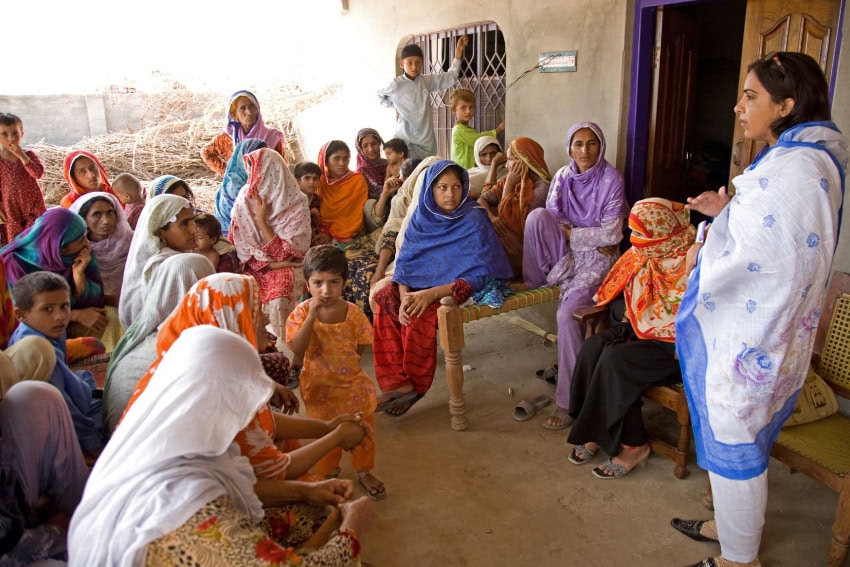ISLAMABAD – The Board of Executive Directors of the World Bank has granted approval for $100 million to be allocated to the Punjab Family Planning Programme.
The primary objective of this initiative is to enhance the utilization of family planning services in Punjab, which is home to over half of the country’s population.
The programme aims to ensure timely and cost-free access to high-quality family planning services, as stated in a release from the lending institution. The World Bank also intends to establish a standardized level of care across the entire family planning services delivery system.
Additionally, the programme will provide support for public information campaigns and advocacy efforts to raise awareness among families about the advantages of family planning.
Najy Benhassine, the World Bank Country Director for Pakistan, highlighted the significance of this programme, stating, “This important programme aims to achieve universal access to reproductive healthcare and to raise the usage of family planning methods in Punjab to 60% by 2030. This is critical for Pakistan’s development, as excessive population growth rates hamper development, slow the accumulation of human capital, and contribute to keeping families in poverty.”
The programme will expand innovative approaches that have already been piloted in various districts of Punjab and have demonstrated positive outcomes in family planning. These approaches include clinical franchising, voucher schemes, and family planning counseling facilitated by community leaders.
By leveraging a wide network of lady health workers, family welfare workers, and community health workers who are connected to health facilities, family health clinics, and family welfare centers, the program will extend its reach to areas and communities with limited or no access to family planning services.
Furthermore, the program will scale up activities such as the voucher incentive scheme, social marketing, engagement with male and community leaders, and youth platforms to increase the utilization of family planning services.
Improving the interpersonal communication skills of family planning service providers is another crucial aspect of the program.
Manav Bhattarai, the team leader for the program, emphasized the importance of family planning, stating, “Family planning enables couples to make informed choices about the number of children they want to have and when they want to have them. Enabling individuals to plan their families helps prevent unplanned or unintended pregnancies, ultimately leading to a decrease in overall fertility rates.”
Implementation of the programme will take place in all districts through the service delivery networks of the Population Welfare Department and the Primary and Secondary Healthcare Department, which are the two agencies responsible for project implementation.














